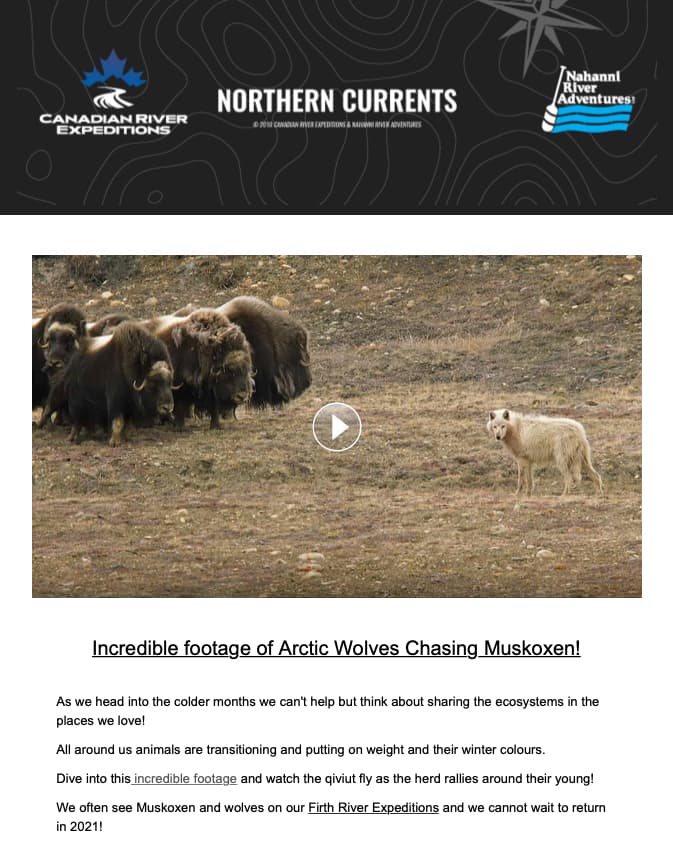
Stay in touch
Sign up to our mailing list. We send one email per month, with a focus on the North.
Welcome to the Peel Watershed, a globally renowned wilderness area located in the Yukon Territory of Canada. Spanning over 68,000 square kilometers, the Peel Watershed is one of the largest intact ecosystems in North America and is home to an abundance of wildlife, including grizzly bears, wolves, caribou, and Dall sheep. The region's towering mountains, pristine rivers, and stunning valleys offer breathtaking vistas and unparalleled opportunities for outdoor adventure. Join us on a guided journey through this ecologically significant land and experience the beauty and wonder of the Peel Watershed for yourself.
We understand our guests are looking for a once in a lifetime experience, with a treasure trove of great stories to take home. Our job to make that happen, and we take that responsibility seriously – without cutting corners. Words like average and good enough just aren’t in our vocabulary. All of our efforts add up to the best experience and greatest value.
More than 40% of our guests each year are repeat guests or were referred by a past traveler.
What sets us apart from other adventure companies? Passion, expertise and – most importantly – attention to the special details.
Experience has taught us that one of the most important factors for a high-quality and safe adventure is the ratio of staff to guests – we operate with one guide per four guests maximum.
The north is not a mass-market destination – thank goodness! It’s not the cheapest region to visit, but the experiences found here are like nothing else in the world.
It’s our goal to have the most consistently knowledgeable staff in areas of local interpretation, such as: Flora and fauna, Geology and geomorphology, Human history, Unique details, stories, features of each region.
We maintain the highest standards for river safety and we are proud to have a reputation for excellence in this area. We employ comprehensive and well-rehearsed emergency procedures and trip contingency planning in line with wilderness camping experiences.
Imagine the “land of the midnight sun”, a country of diverse land forms, wild flowers and new delights to the eye, every day. Imagine rivers that flow through these lands in a sinuous manner, serving as a conveyor to move you from one delightful experience to the next. Imagine rewarding hikes, with a range of distances to choose, to pick the one that’s right for you.
After meeting your guides and fellow travellers at the rendezvous point, you will make your way to the river. This usually requires a charter aircraft to fly in, out or both. The flights take you over truly spectacular wilderness. Have your camera handy for the flight!
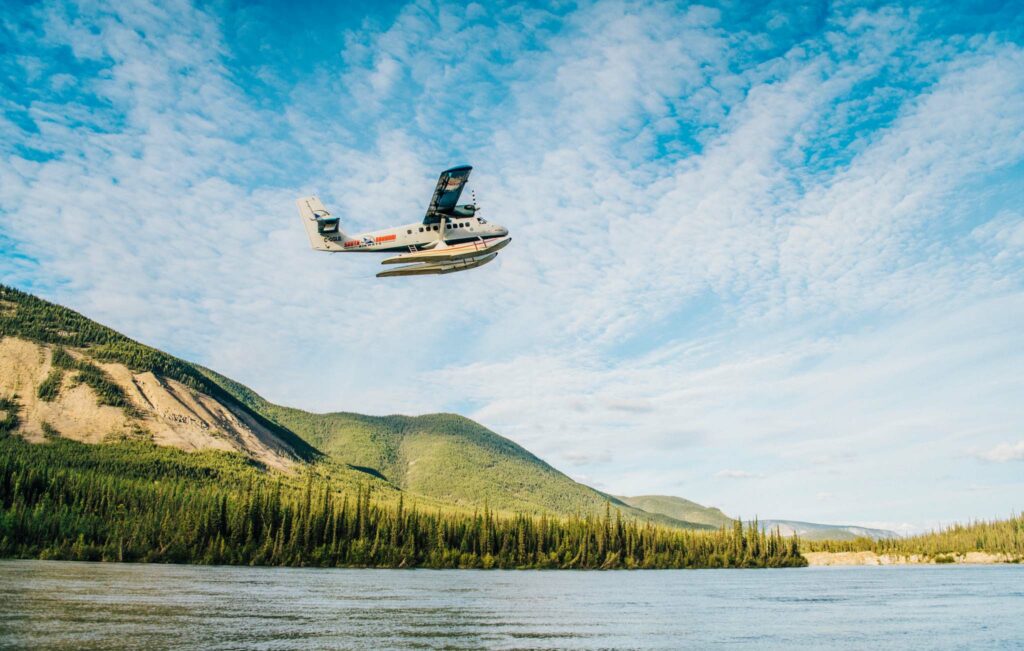
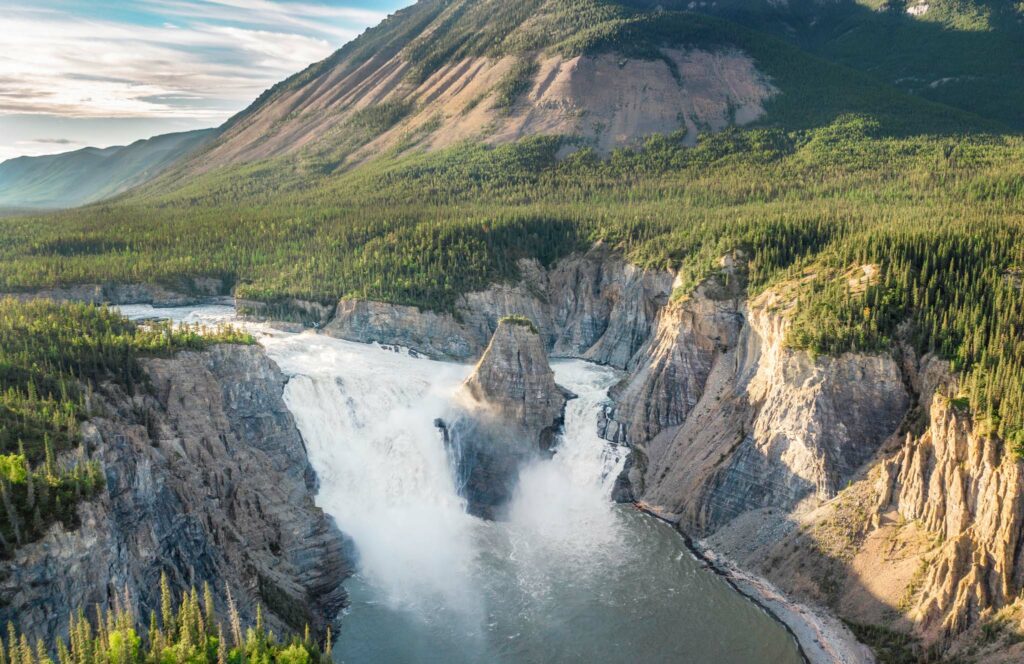
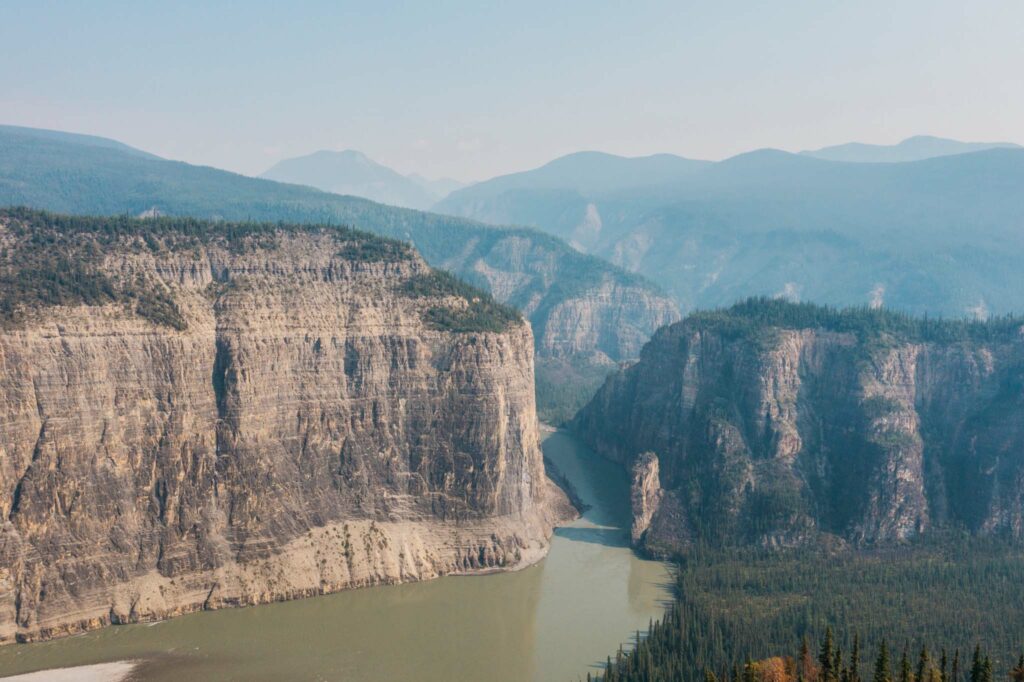
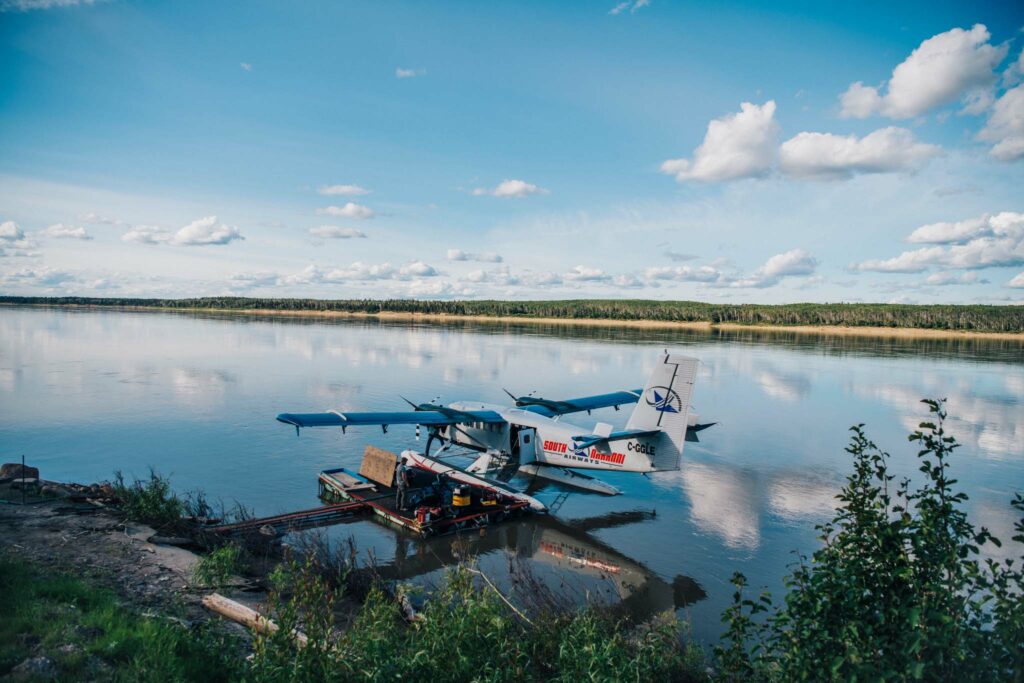
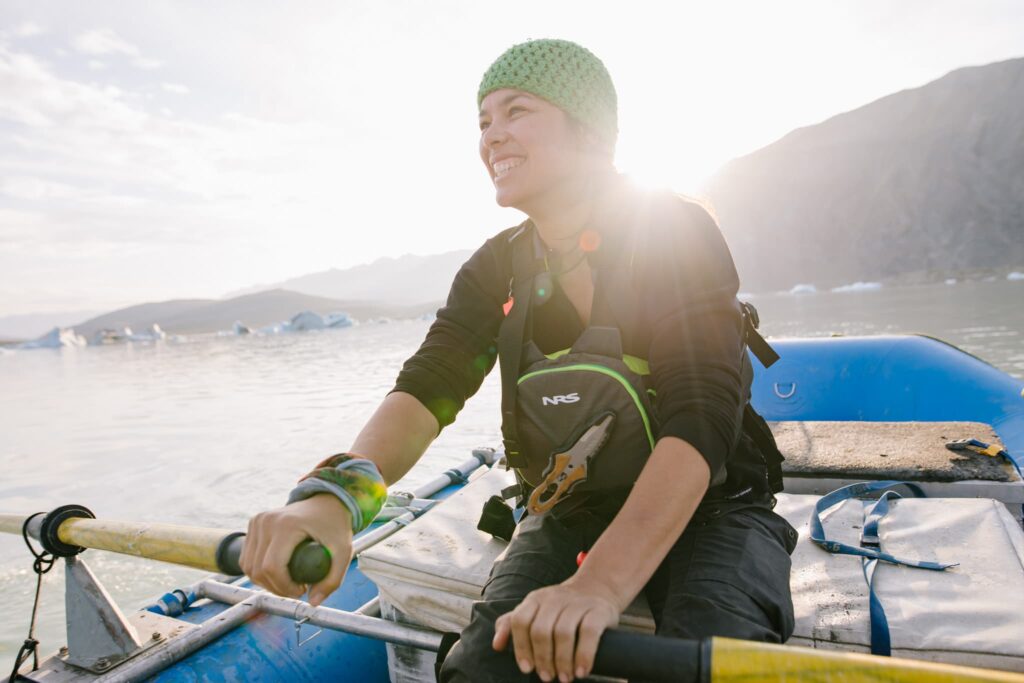
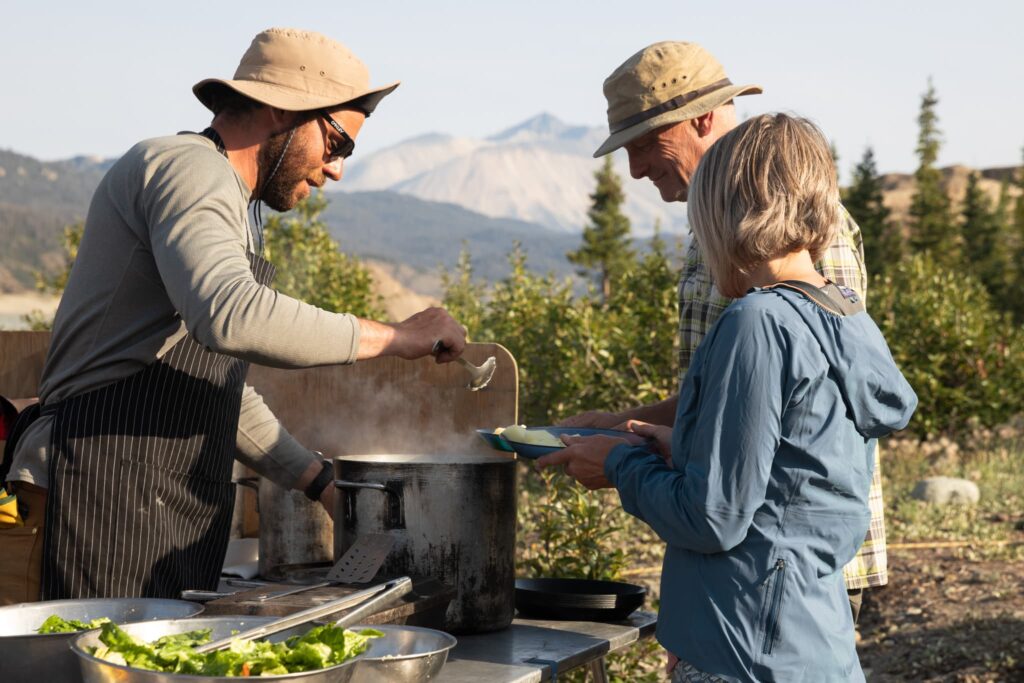
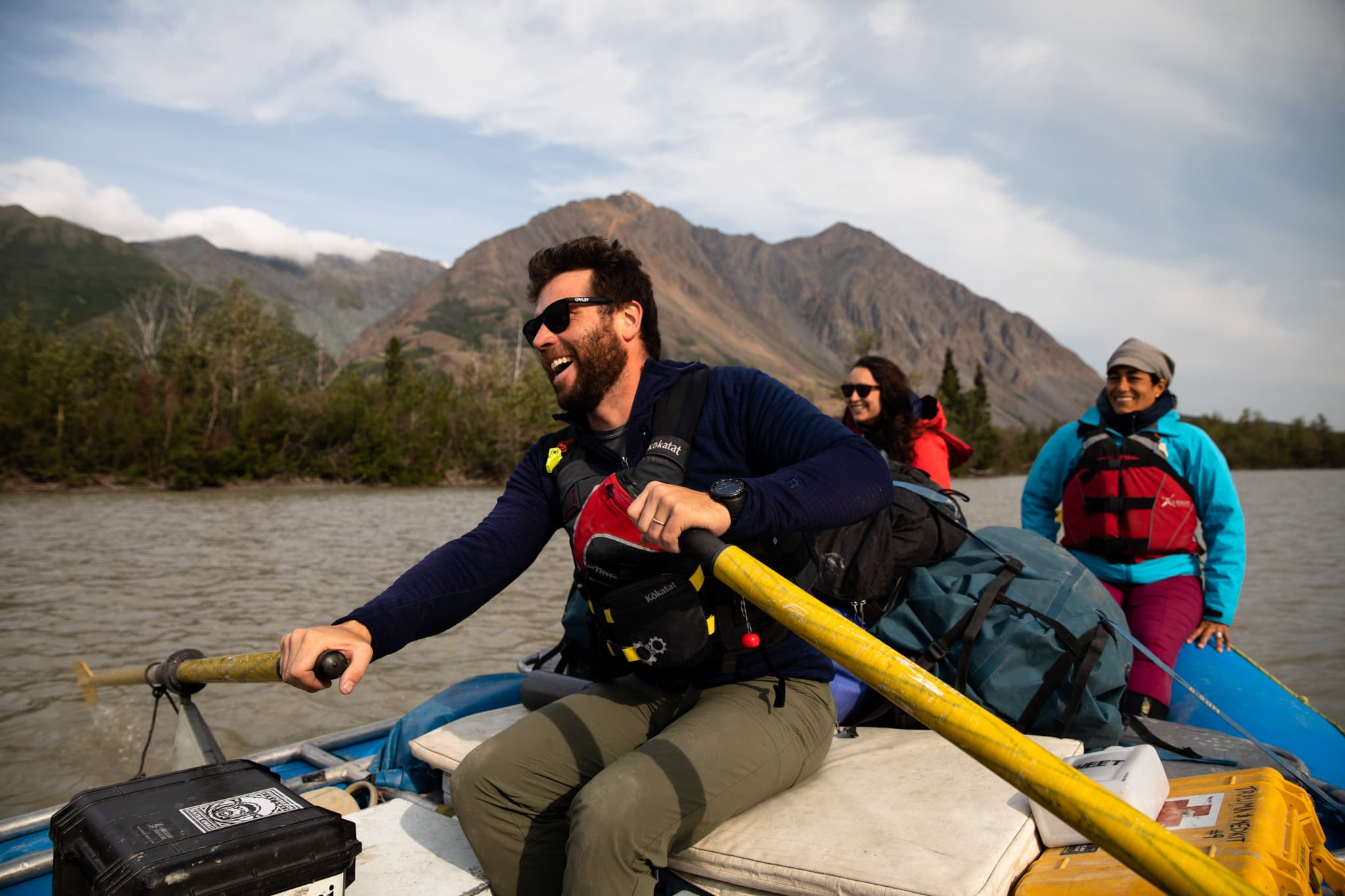
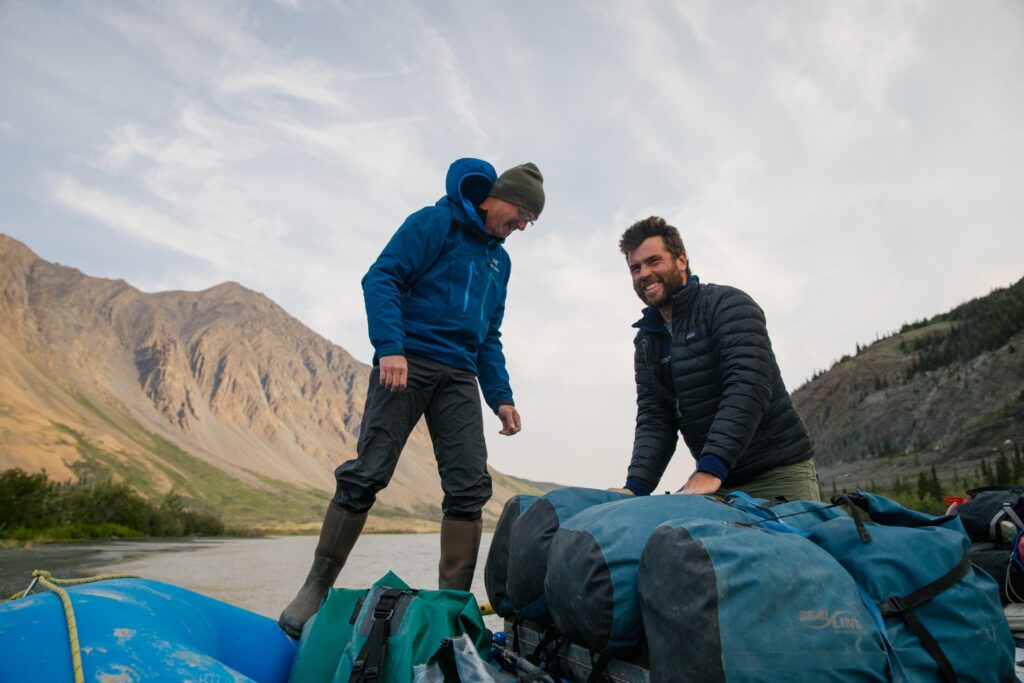
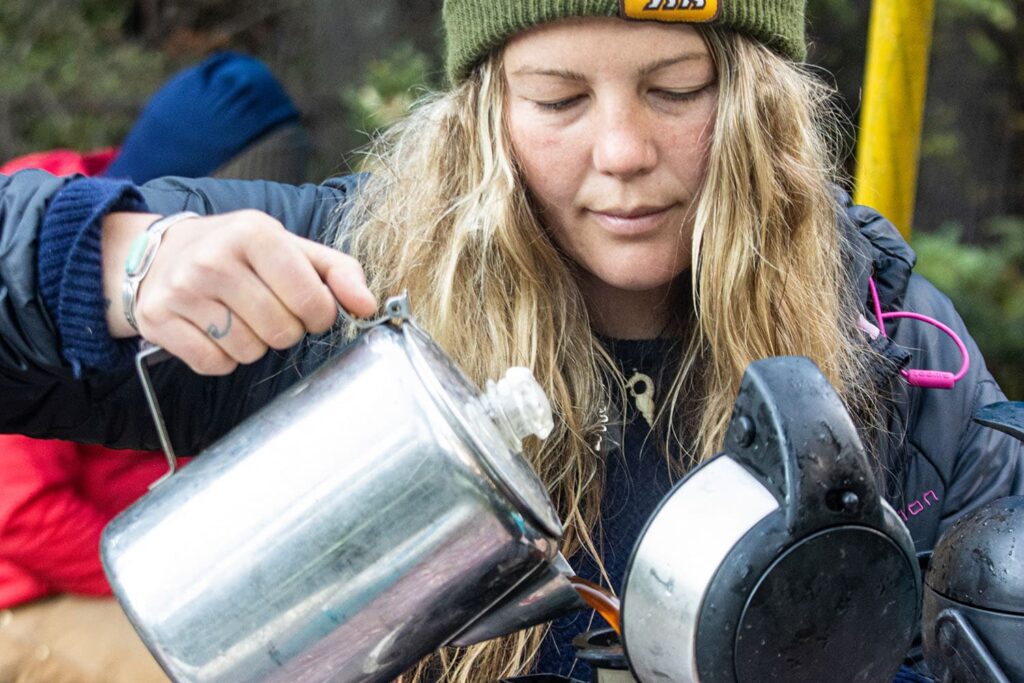
Our talented wilderness guides deliver our trips with an authenticity that mirrors the unspoiled wilderness we travel through. Their passion for living, learning and teaching regional geology, wildlife and history is matched only by their sense of adventure, paddling skills, and leadership acumen.
Your time on the river each day will vary, leaving plenty of time for other pursuits such as hiking, fishing, and photography. Many trips have one or more “lay-over” days when we stay put and enjoy camping two nights in a particular spot.
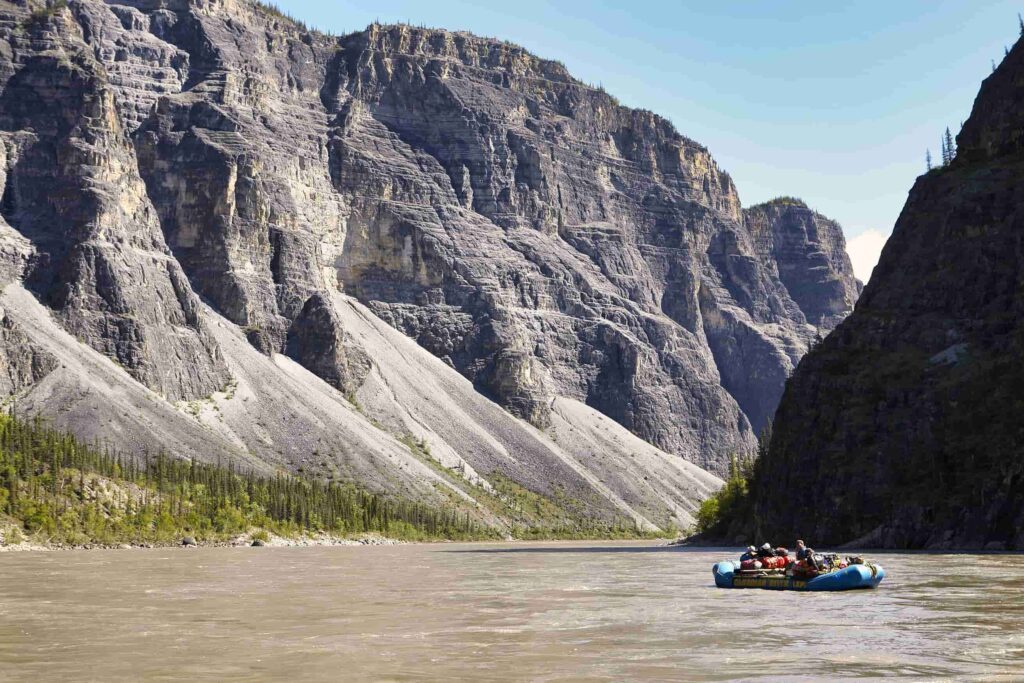
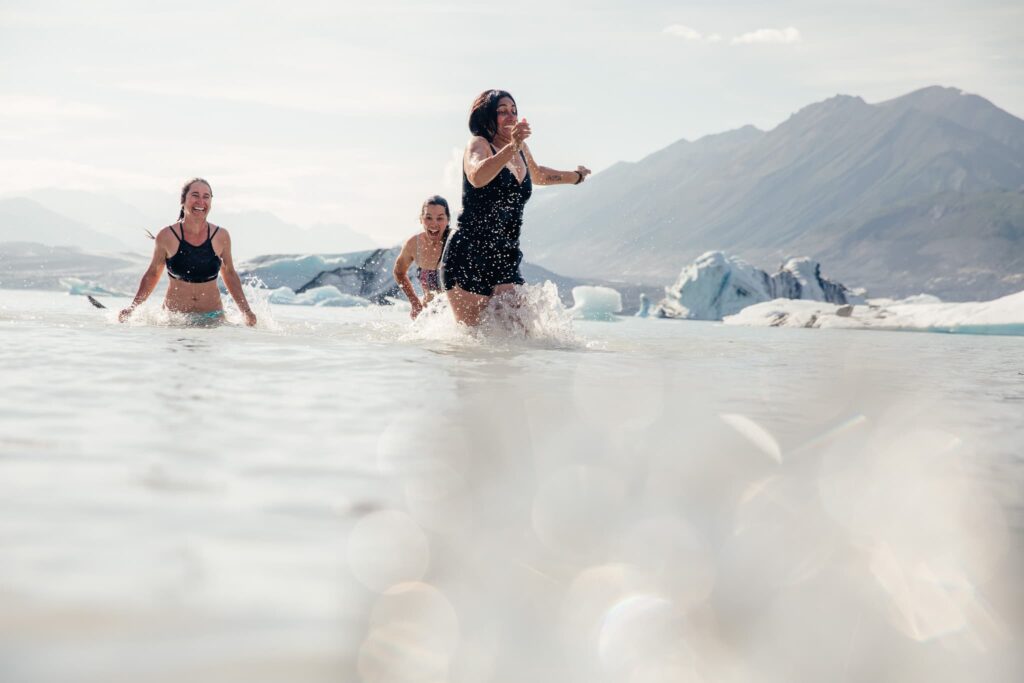
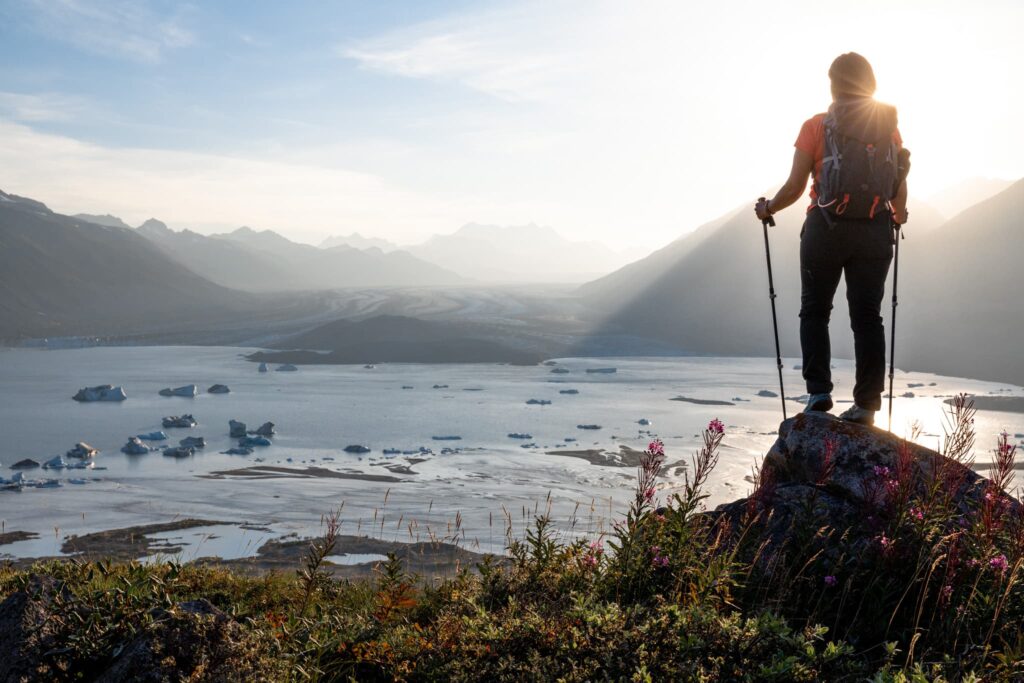
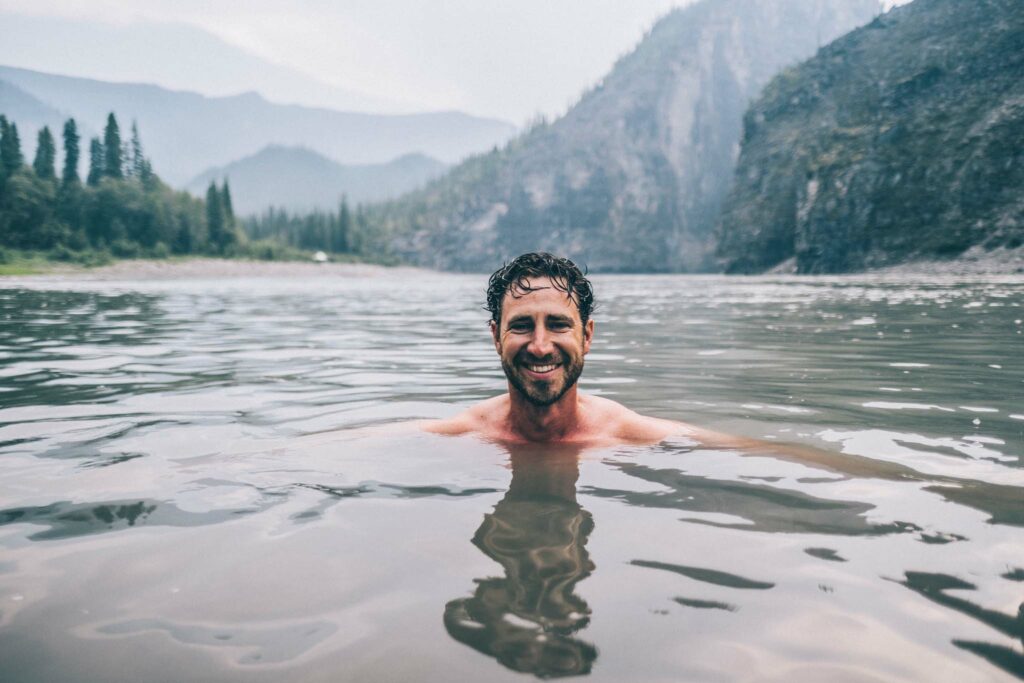
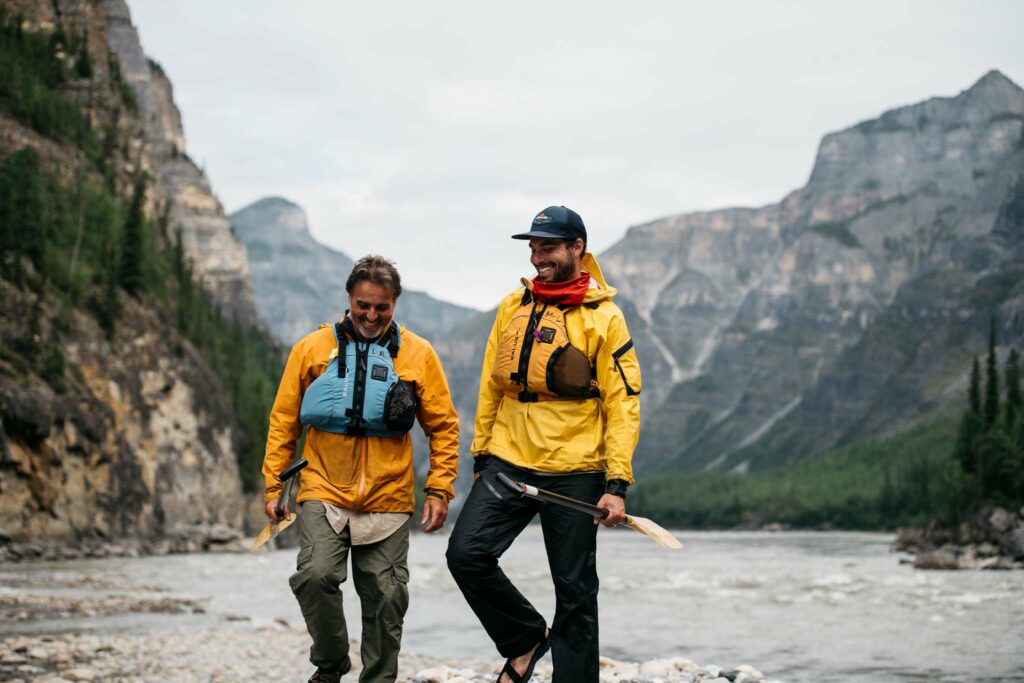
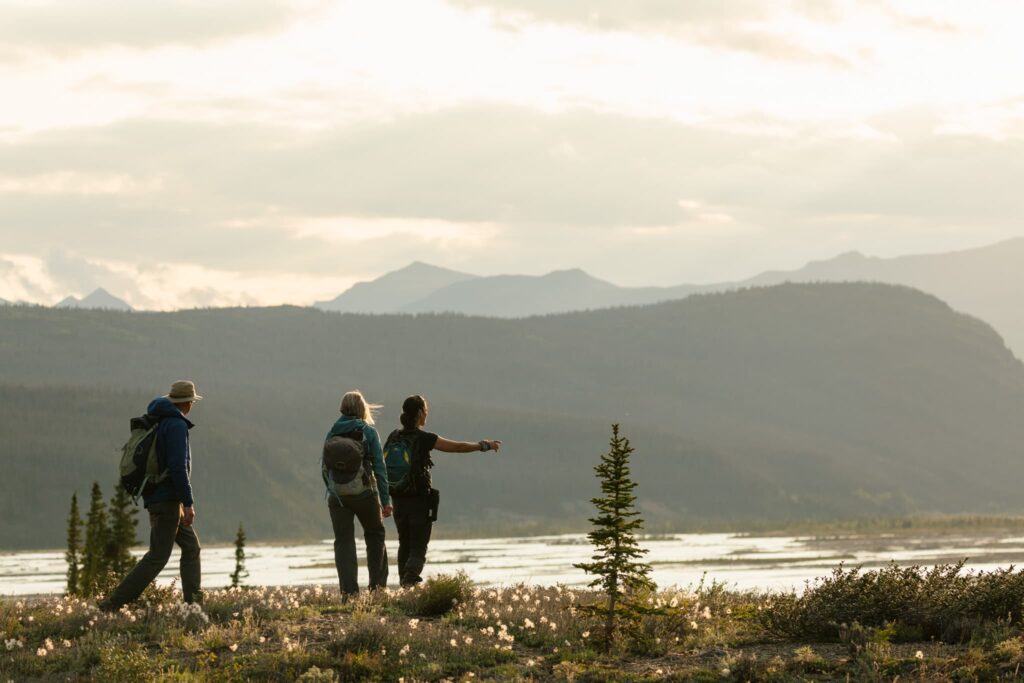
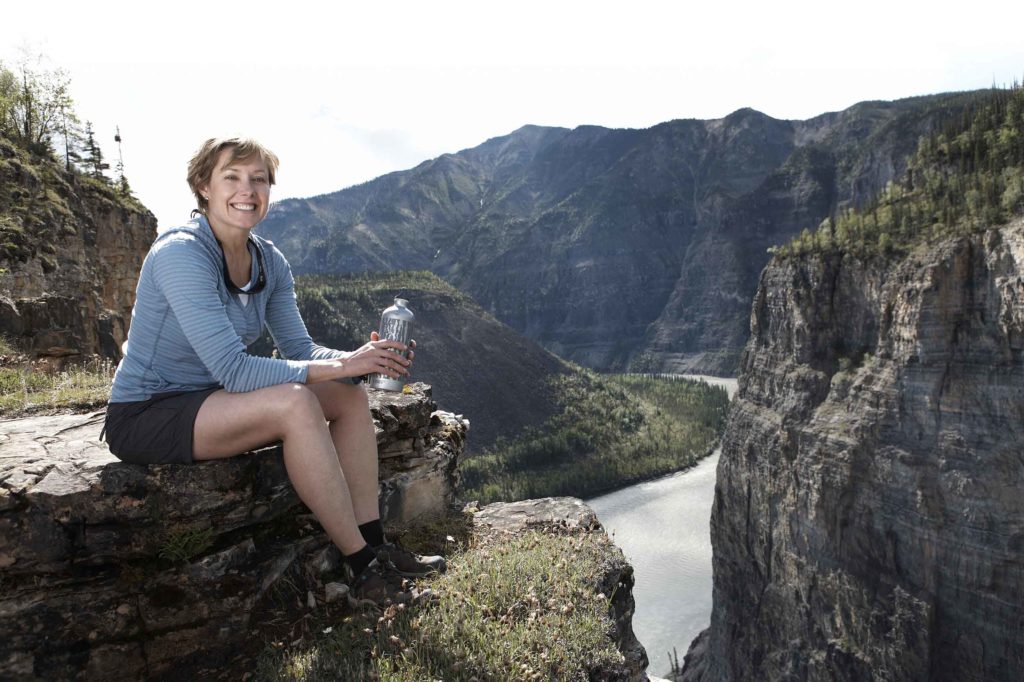
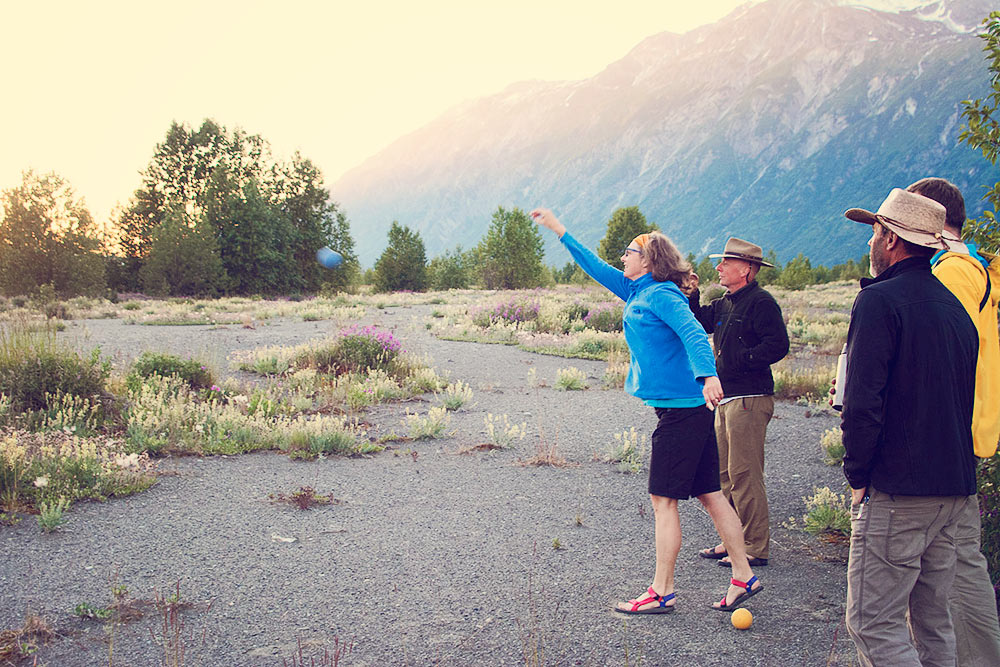
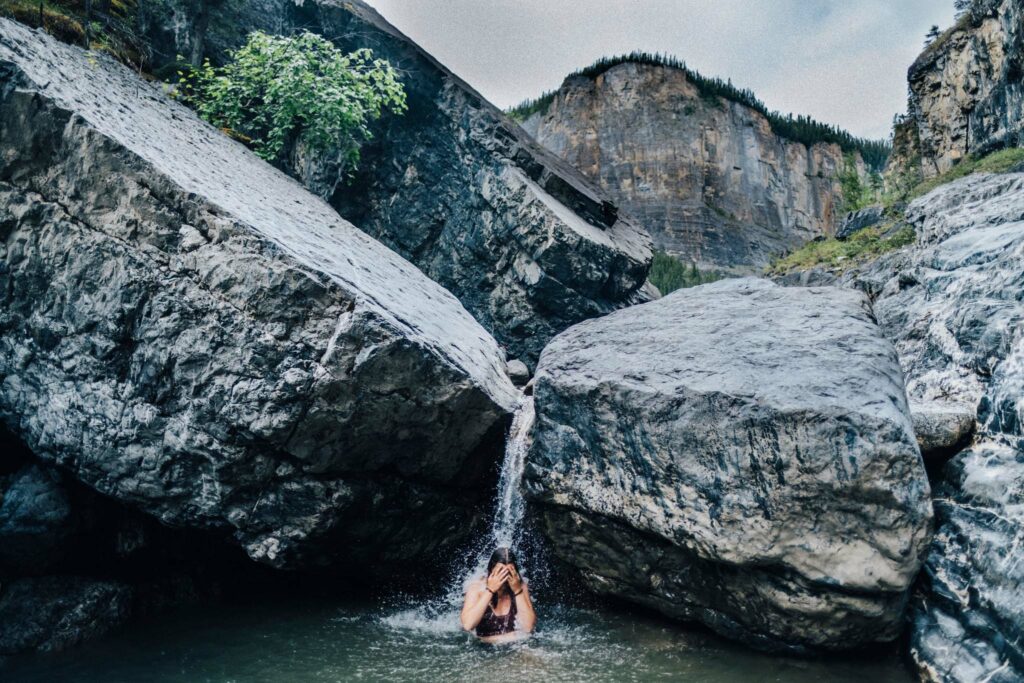
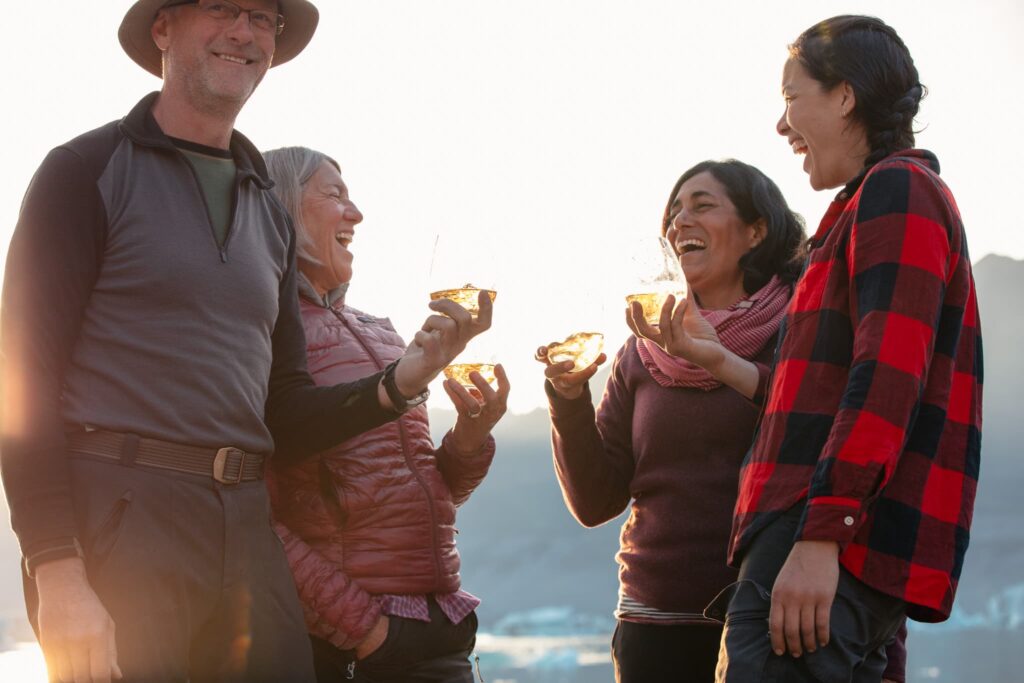
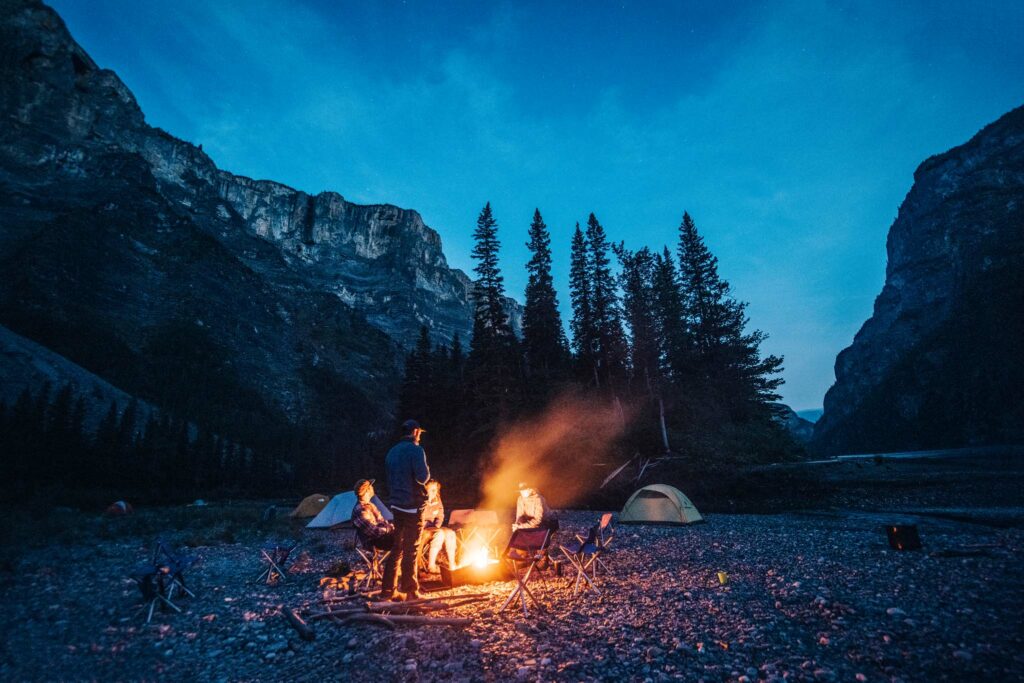
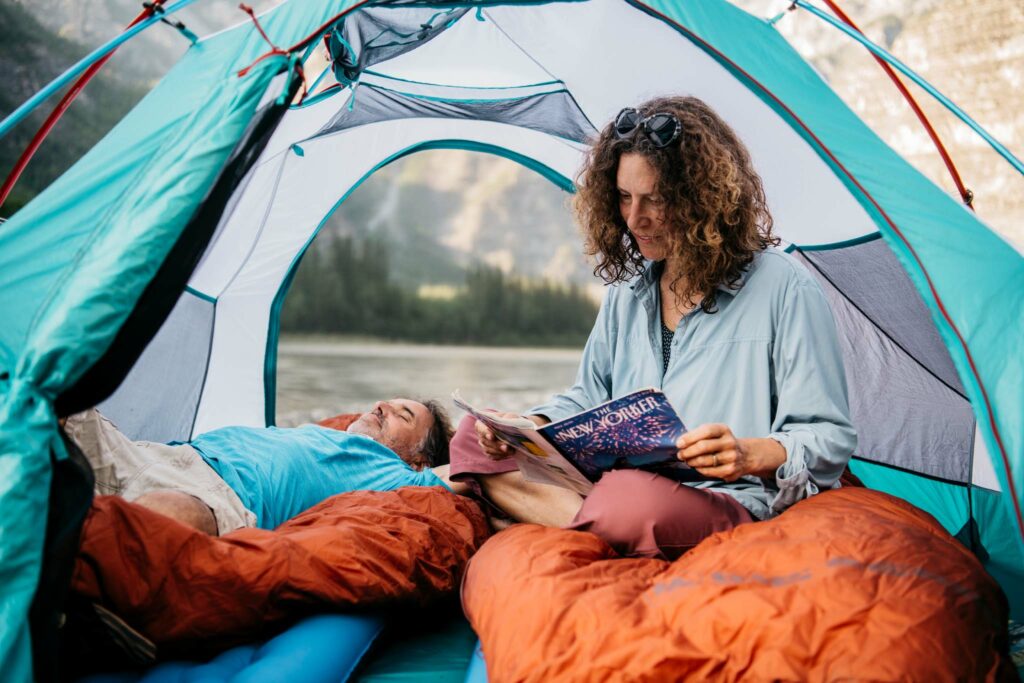
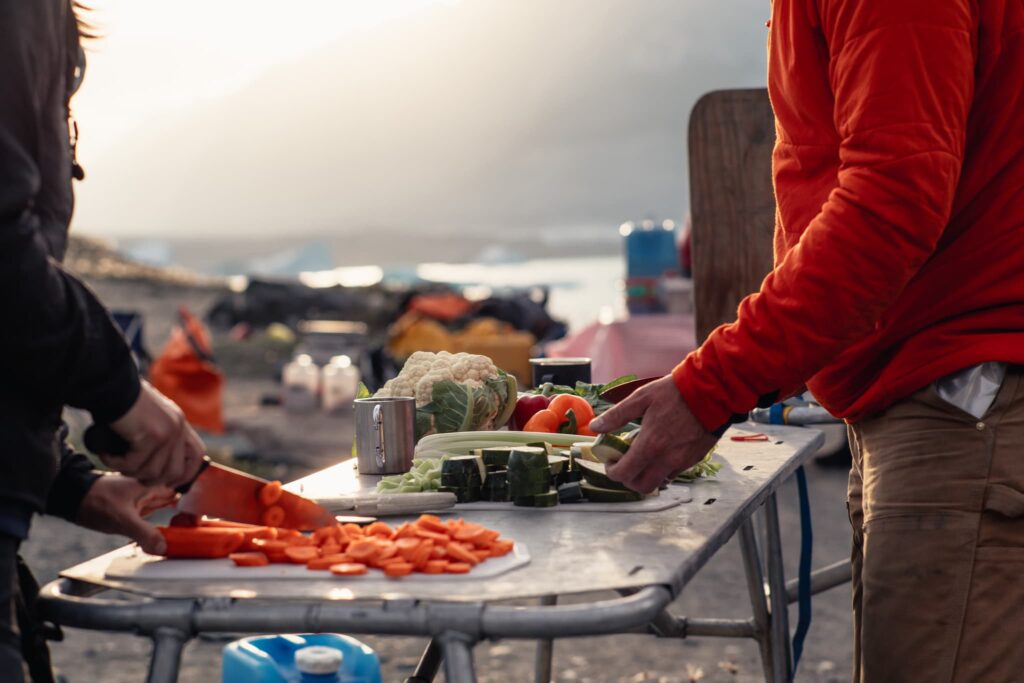
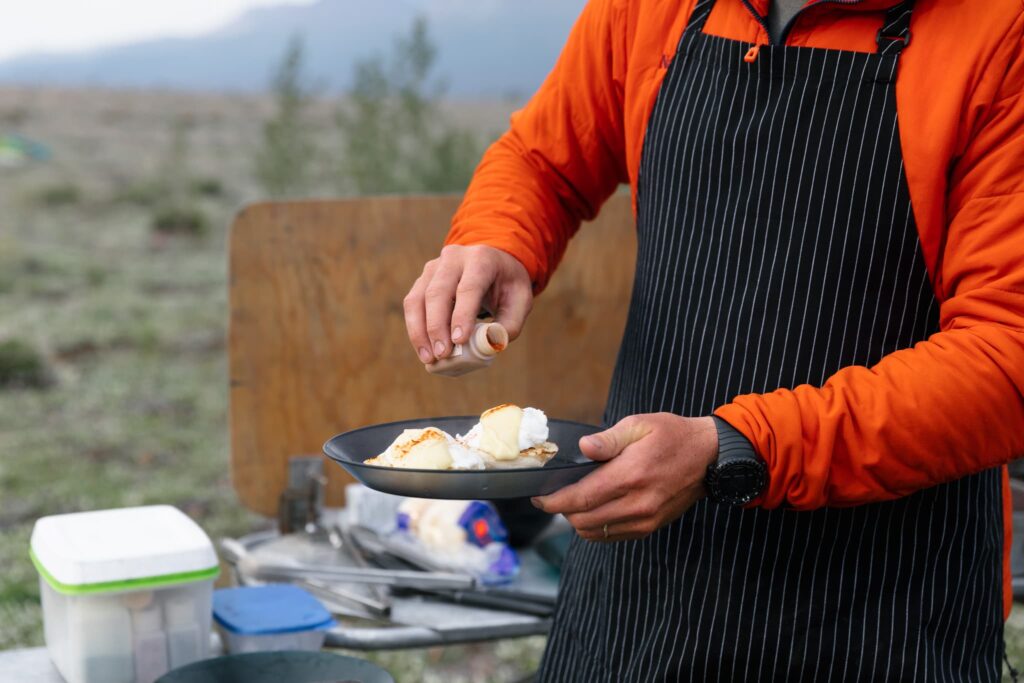
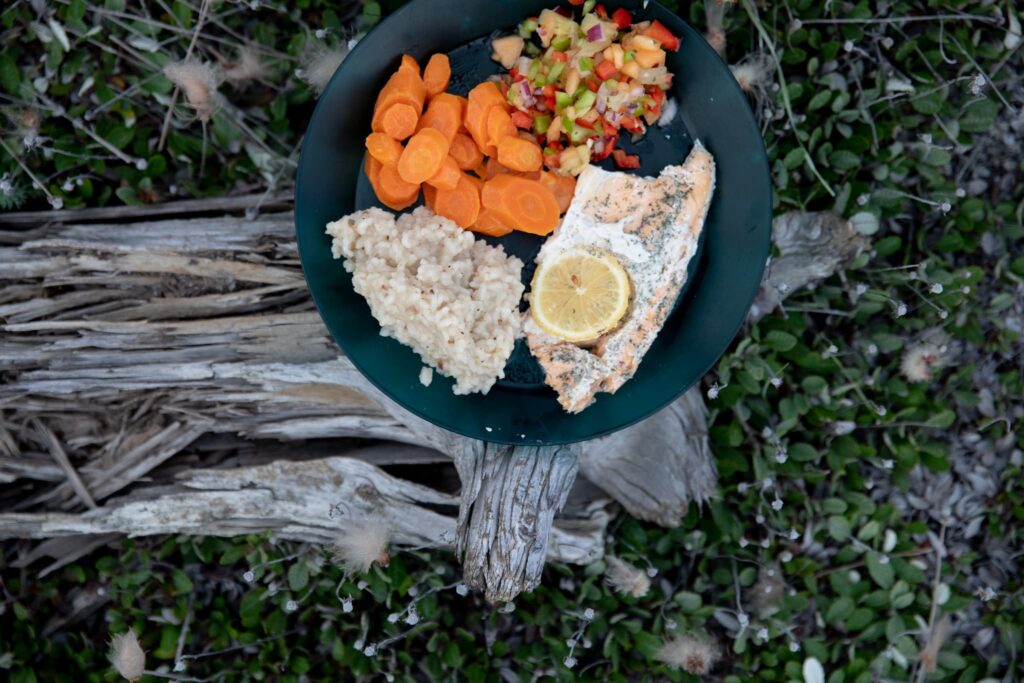
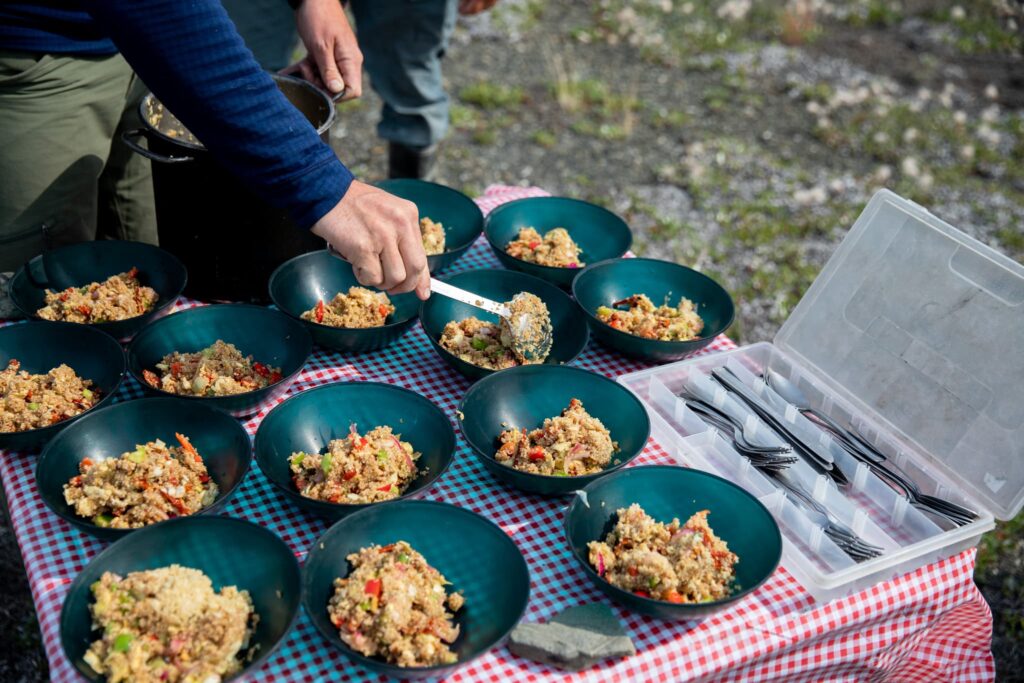
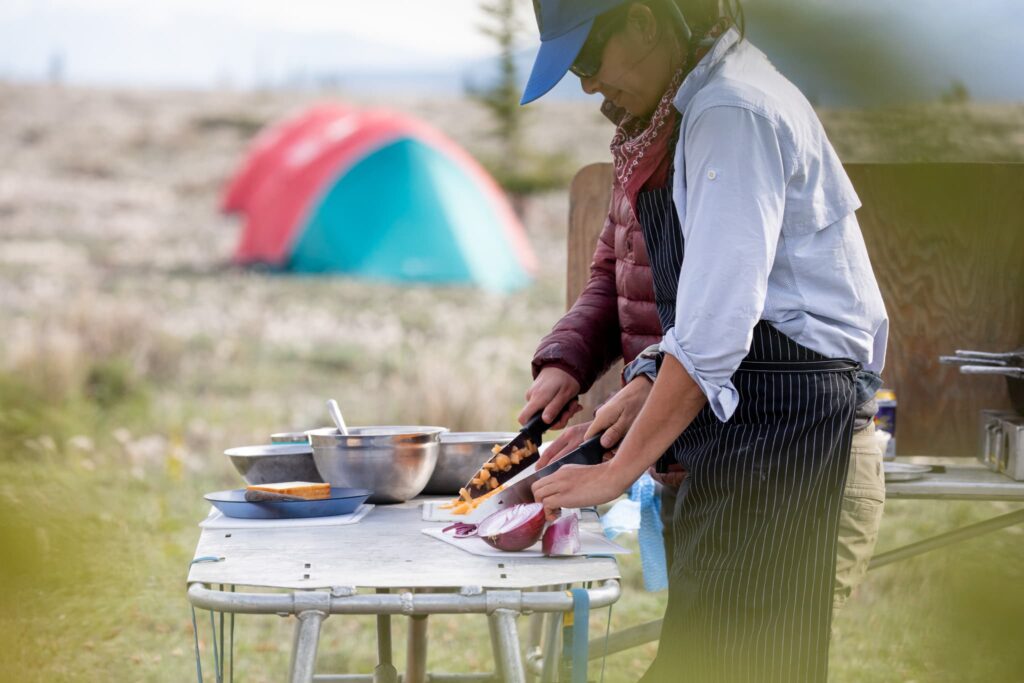
The crowning touch of our river journeys are the meals. Forget those old images of freeze dried backpackers fare. At the end of an active day in the fresh mountain air, you deserve to be rewarded by the aroma and taste of a great meal with fresh ingredients, perhaps with a wine you selected. You’ll be continually amazed at the variety and quality of the meals.
The North is rich with some of the most abundant and diverse plant and wildlife anywhere in the world. Each of our river adventures is scheduled to allow for maximum opportunities to see the plants & wildlife of that particular area.
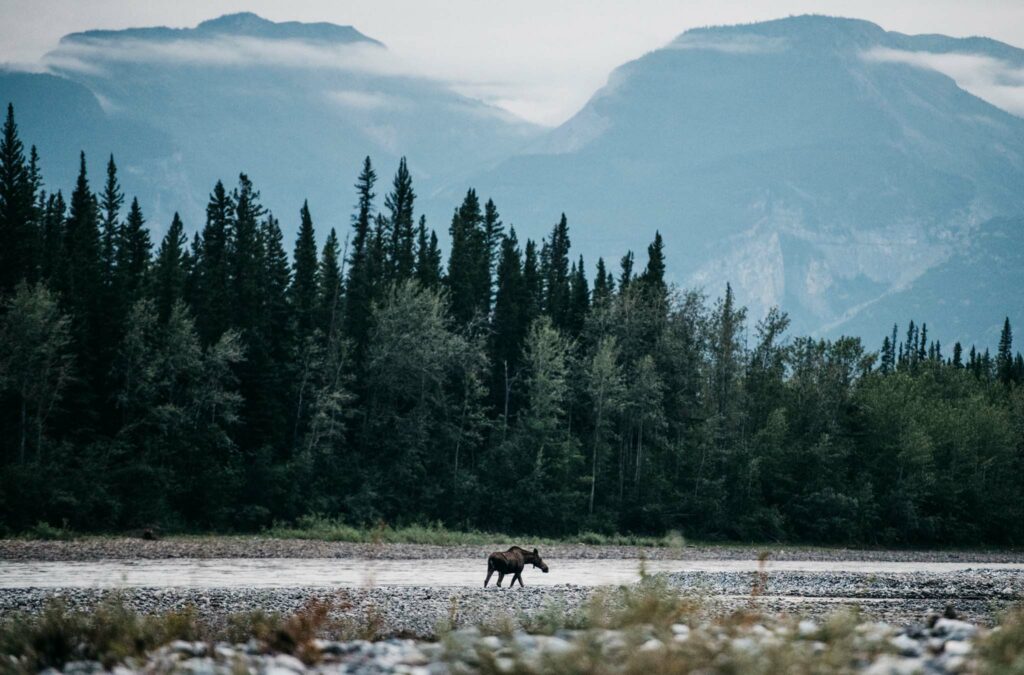
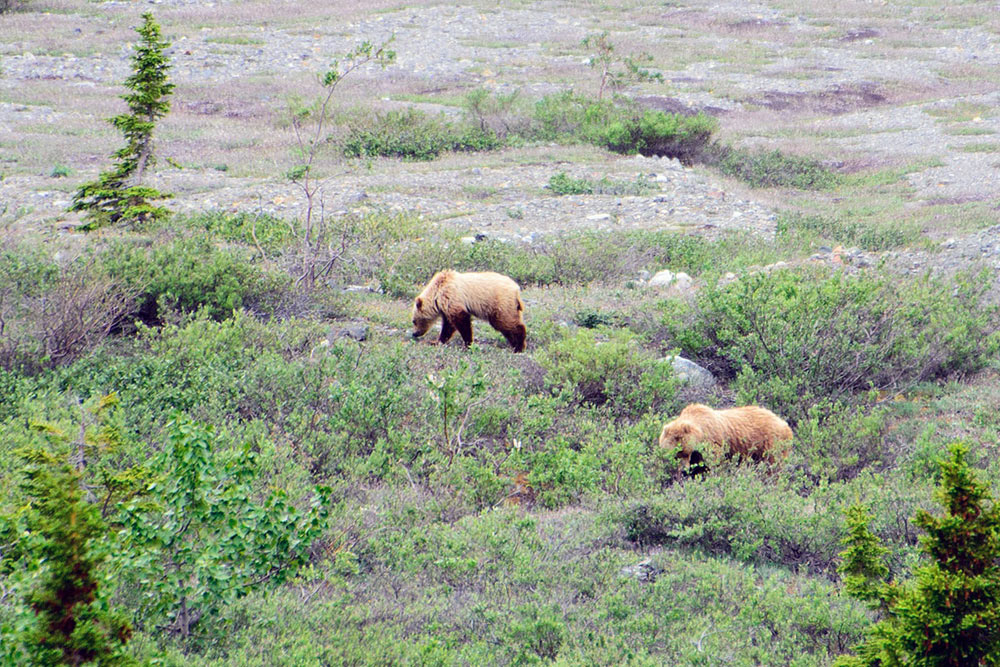
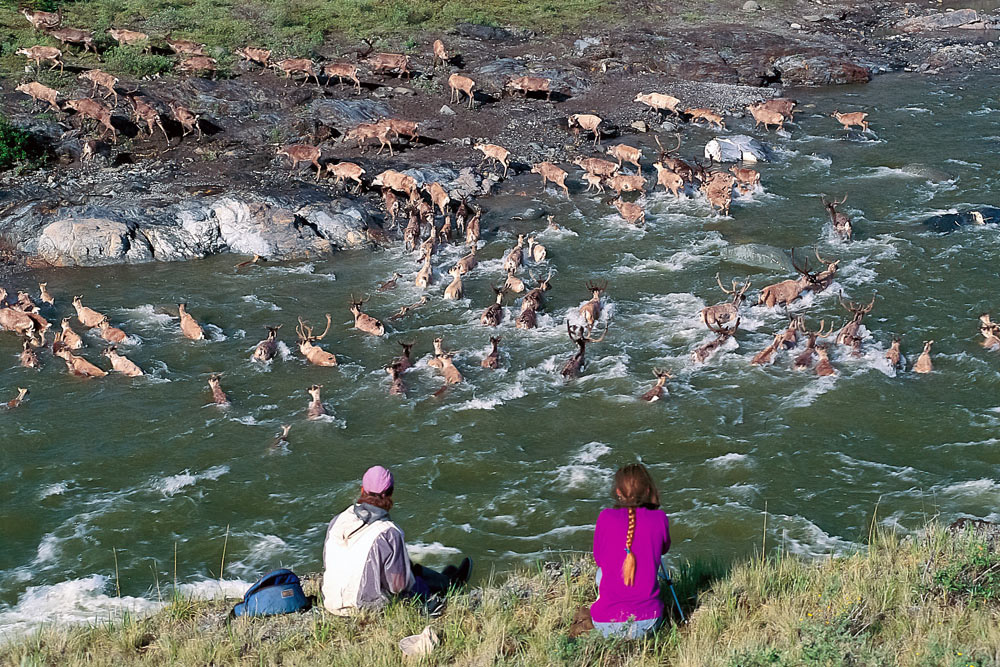
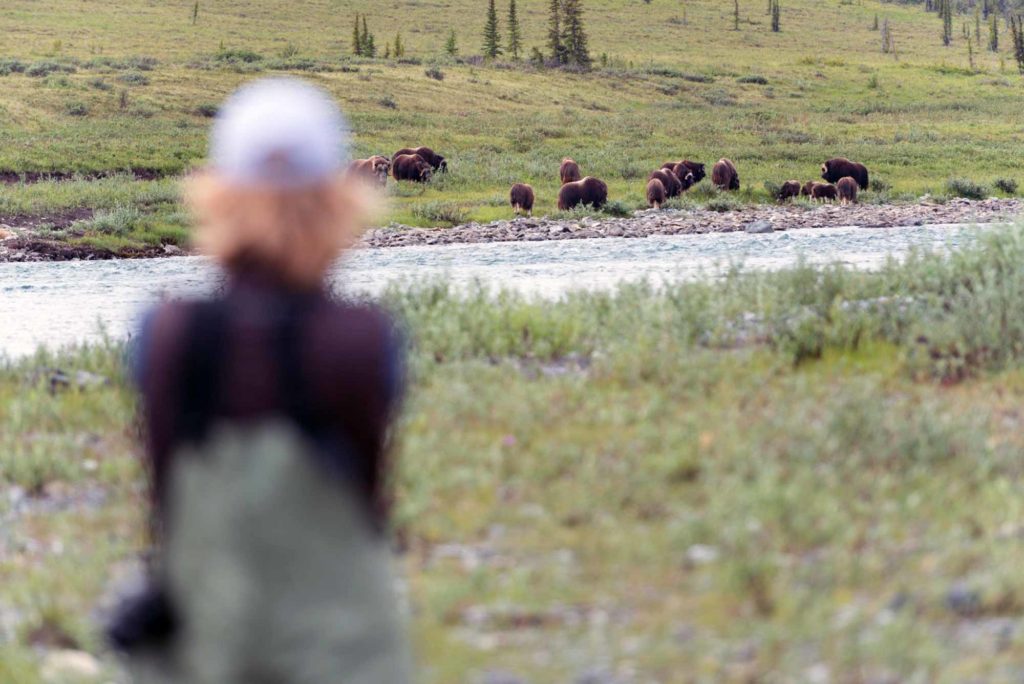
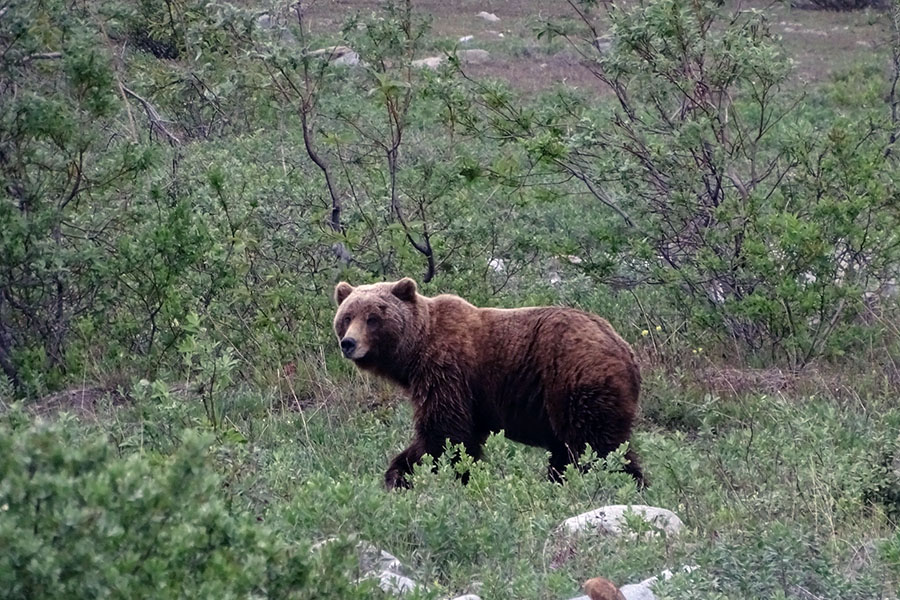
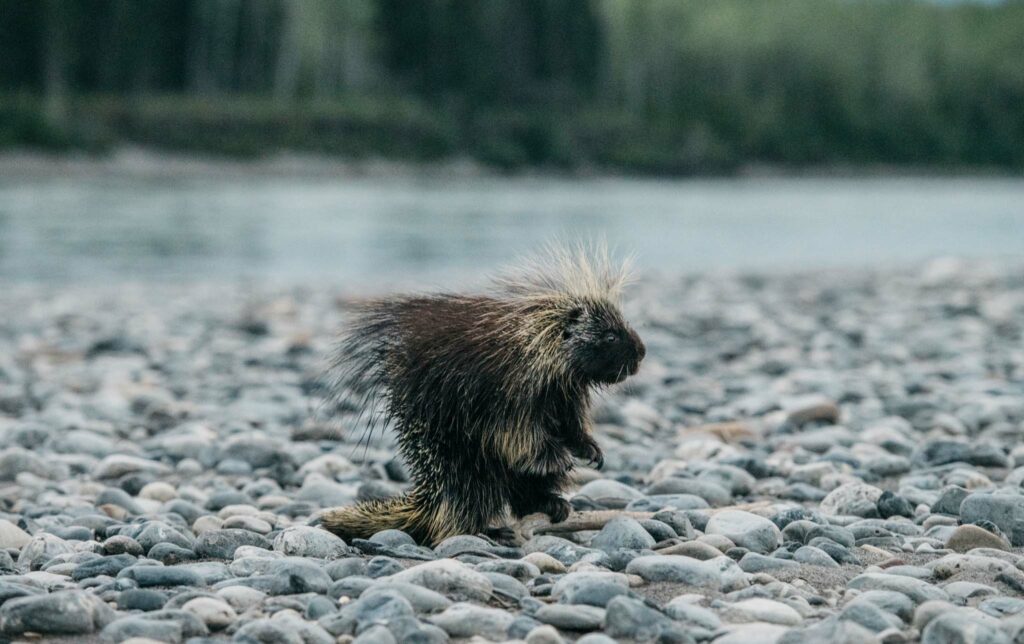
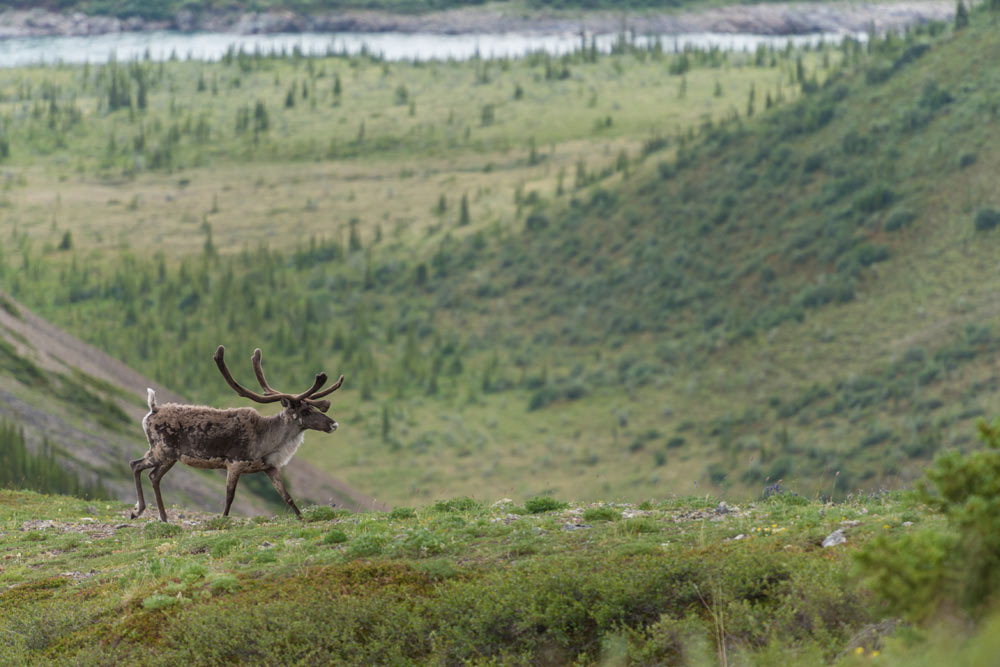
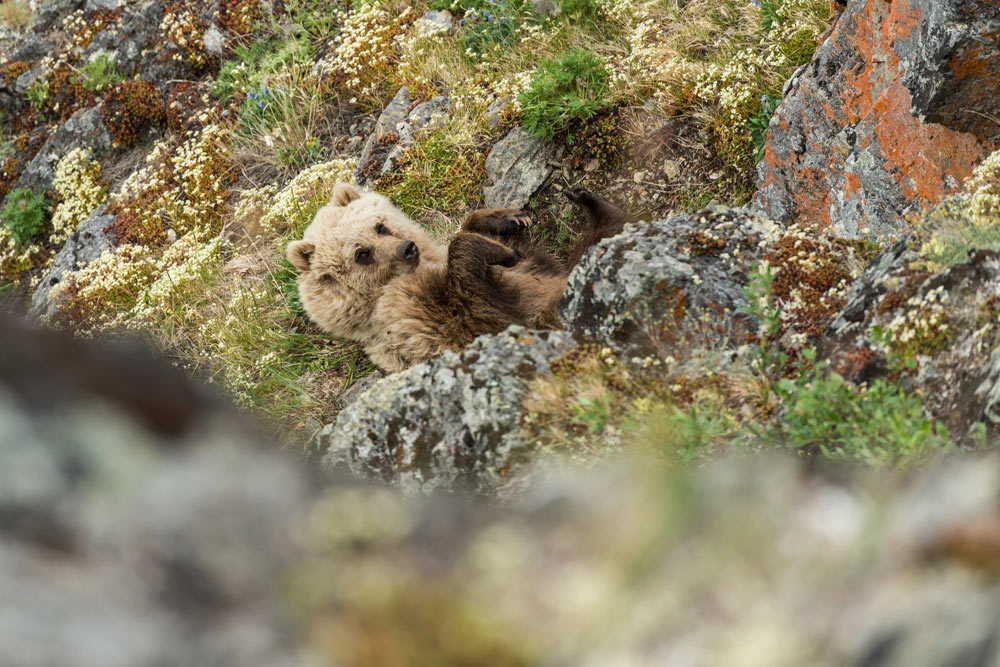
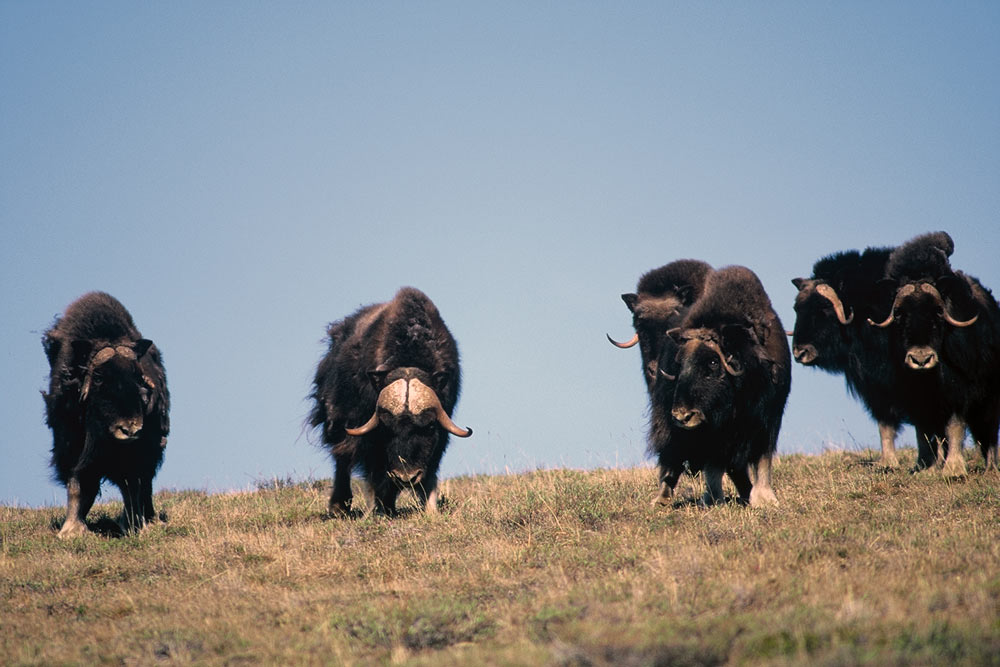
No question is too small when planning for a northern river adventure. If you don’t find the answers you need here, please contact us any time.
Since 1972 we have sought out the best experiences the north has to offer and have perfected vacations that are truly one of a kind. We offer 25 different itineraries on 15 wilderness rivers across Northern Canada and Alaska.
"*" indicates required fields
Sign up to receive our monthly “Northern Currents” newsletter for the latest Northern news, featured trips, adventure travel tips, environmental updates and more!
© 2024 Nahanni River Adventures & Canadian River Expeditions.
Travel Trade | Privacy Policy
Embark on a breathtaking journey through the untamed wilderness of the North! Fill out the form below, and we'll send you a digital copy of our Adventure Catalogue, showcasing our expert-guided raft and canoe expeditions on the most iconic rivers in Northern Canada and Alaska.
"*" indicates required fields

Sign up to our mailing list. We send one email per month, with a focus on the North.